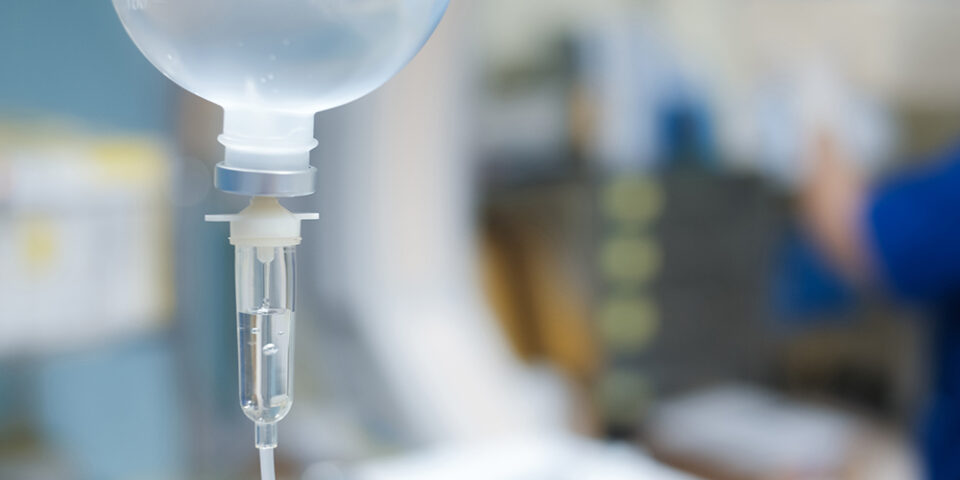Is ketamine an option for your severe depression?
Major depression is one of the most common mental health issues in the U.S. Many people suffering with depression take antidepressants to relieve their symptoms. In some people, antidepressants, psychotherapy and even lifestyle changes may not be enough to help their symptoms of depression. Research has shown that treatment with ketamine may be able to help some of these people.
Psychiatrist Adam Hart, MD, explained how ketamine can be used as a treatment for severe depression and answered some common questions.
What is ketamine and how is it used for depression?
Ketamine is a medication that has been used for anesthesia since the 1970s, and in the 1990s, researchers realized that it could have a positive impact on mood. Compelling evidence now exists that supports the use of intravenous ketamine to treat depression and suicidal thoughts.
How is ketamine administered?
Ketamine is available in many forms including nasal spray, oral medication, intravenous (IV) infusion and intramuscular injections.
“At Prisma Health we treat patients with IV ketamine that is 100% bioavailable,” Dr. Hart said.
“This route of administration helps ensure you are getting as much to your brain as possible.”
What are the pros and cons of IV ketamine?
Dr. Hart said the major benefit of ketamine is its rapid action that can quickly help people with their depression symptoms and suicidal thoughts. It can also have fewer side effects compared to some antidepressants.
But ketamine does have a few cons:
- Infusions are not currently covered by insurance.
- It’s not a cure for depression and may require ongoing maintenance treatments.
- Because of potential side effects, patients need a care partner to drive them after the treatment.
What are the side effects of ketamine?
You may experience a temporary increase in your heart rate or blood pressure during the infusion. Ketamine is a dissociative anesthetic, so you may have an out-of-body experience during the infusion, which can be scary or disorienting for some people. Unusual sensations, blurred vision, headaches, nausea, and/or drowsiness may also occur.
Ketamine is sometimes abused recreationally because of its hallucinogenic and sedating effects. The street version of ketamine is known as “Special K.”
How is the ketamine used in therapy different from the recreationally abused drug “Special K”?
“Probably one of the biggest differences between ketamine used therapeutically versus recreationally is the purity and potency of the drug,” Dr. Hart said. “When obtaining street drugs such as ‘Special K,’ there is a risk of having it mixed with other potentially lethal drugs such as fentanyl. Receiving infusions in a clinical setting from a licensed professional guarantees that you are receiving the correct dose without fear of contamination.”
How often can you safely take ketamine as a treatment for depression?
Like most things in life, there are risks and benefits to this form of treatment.
“Overall, ketamine is considered a safe and effective treatment with low risk when you’re followed by a medical professional,” Dr. Hart said. “During treatment, we recommend people undergo six infusions over a 2- to 3-week period. Many studies support this frequency as being safe and effective.”
Because ketamine is not a cure for depression, it’s common for people to continue maintenance doses which can be administered multiple times per month.
The bottom line
For people with severe depression who are interested in other treatment options beyond antidepressants, traditional psychotherapy or electroconvulsive therapy, ketamine can rapidly improve depression. But it’s not a cure, so it’s important to continue seeing your doctor and taking your prescribed antidepressants.
Find a doctor
Whether you’re looking for a primary care physician or need to see a specialist, we’re here to help with experienced, compassionate care near you.
Find a Doctor
